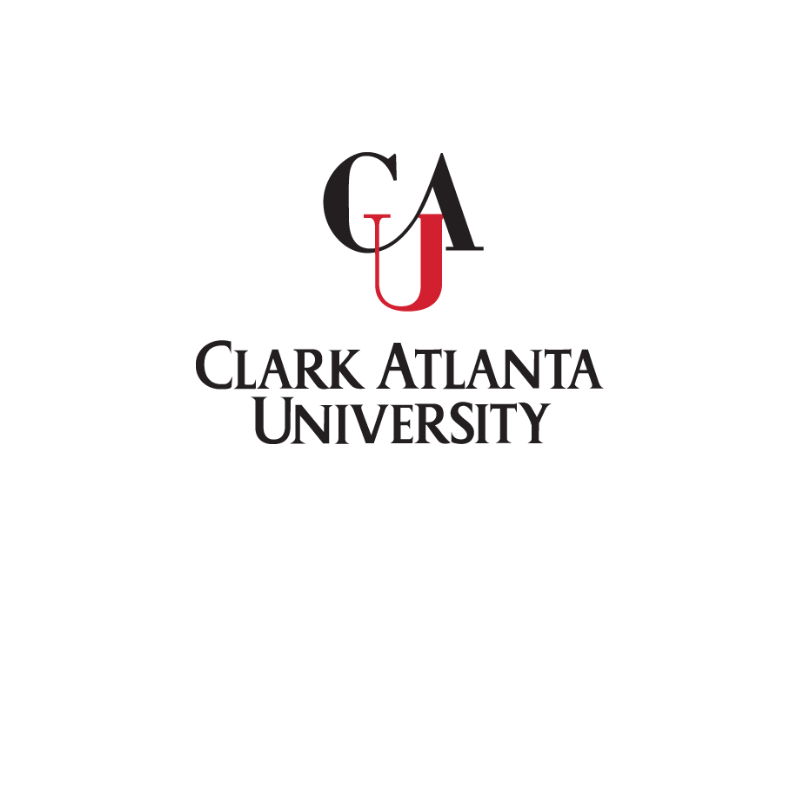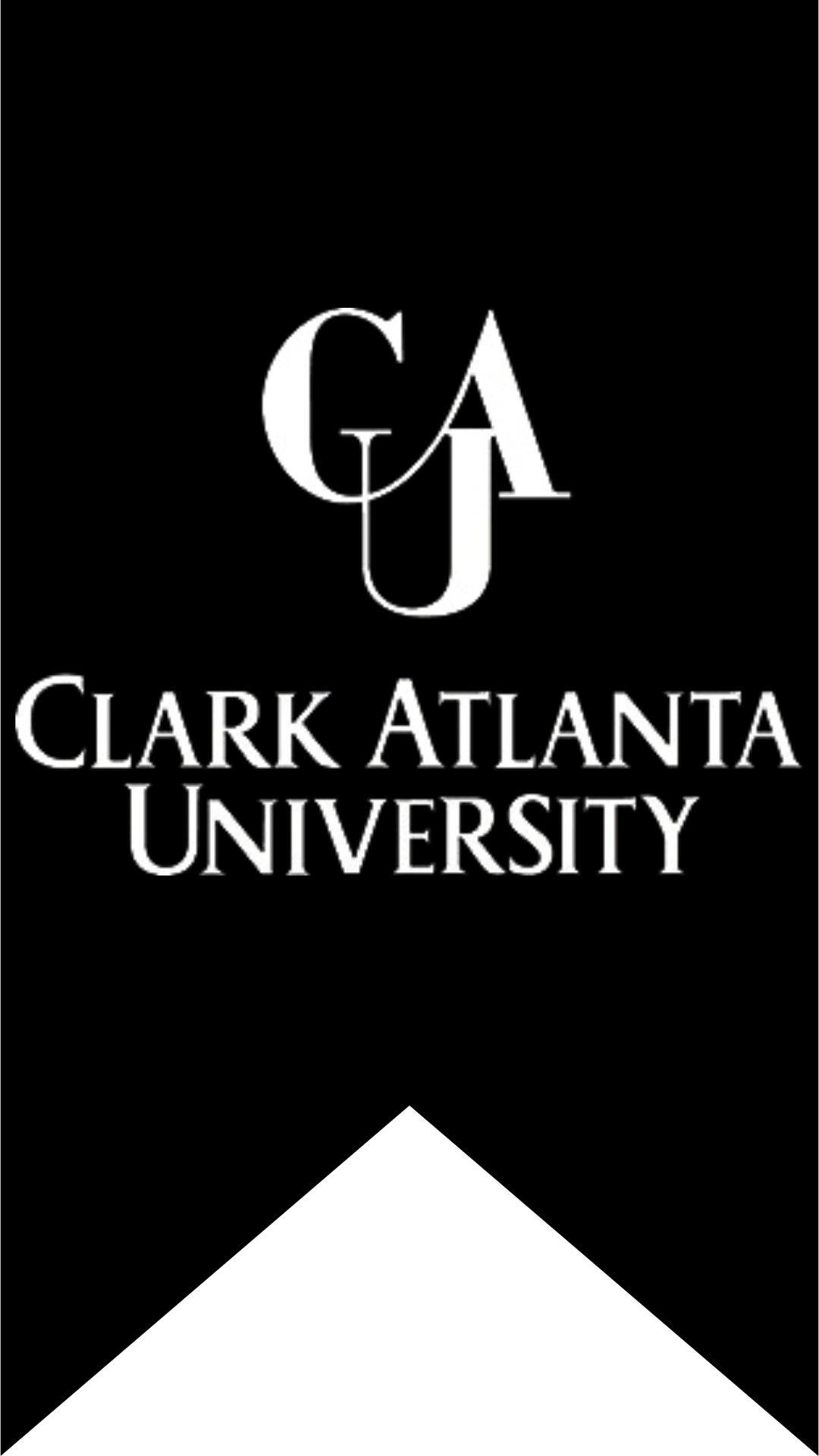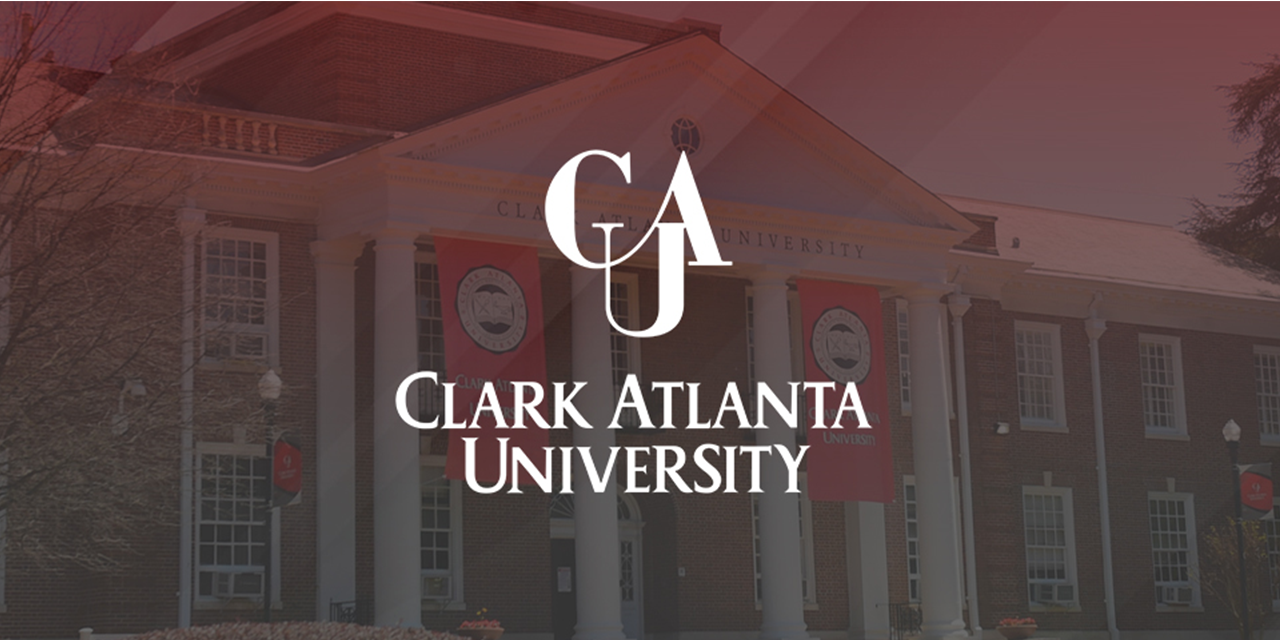In unwavering commitment to environmental justice and sustainability, Clark Atlanta University, in partnership with the Office of Governmental Affairs, is set to host its 2nd annual Environmental Justice and Sustainability Summit on April 24 and 25, 2024. This pivotal two-day event will take place at the AUC Robert W. Woodruff Library and Westside Works to address Atlanta’s pressing environmental issues.
Three key areas in Atlanta’s Westside neighborhoods, which include Ashview Heights, Atlanta University Center, Castleberry Hill, Vine City, and English Avenue, are the focus of this year’s summit. The areas are:
- Environmental Toxins
- Infrastructure Racism
- Energy Burden
Day one of the summit at the AUC Robert W. Woodruff Library will kick off with an opening plenary session followed by the three key area sessions to discuss environmental toxins, infrastructure racism, and energy burden. Department of Art and Fashion students will also participate in a sustainable fashion show highlighting fashions made from organic, recyclable, and biodegradable fabrics and materials.
Day two will be a community listening summit at Westside Works. This community-centric event will provide an invaluable platform for local environmental activists and community leaders to engage directly with Westside residents to share experiences and insights with the goal of fostering a sense of ownership and empowerment.
According to Sciencelookup.org, “Communities around Proctor Creek in West Atlanta still deal with the ramifications of environmental injustice in the form of recurring flooding, sewer overflows, and outdated infrastructure from over 100 years ago.” In these neighborhoods where the majority population is Black, these environmental injustices contribute to air, water, and land pollution at a higher percentage than in predominately White neighborhoods in the city.
“The history of racial and economic segregation has had profound negative long-term consequences on our environments in principally Black neighborhoods such as those in West Atlanta of which Clark Atlanta University is a part. In underrepresented and marginalized communities, disparate conditions continue to perpetuate environmental inequities throughout metro Atlanta. This is why it is crucial that we have this yearly summit. Bringing in subject-matter experts, academicians, and conservationists to cultivate strategic plans that allow our communities to have cleaner climates, renewable energy sources, and thriving ecosystems is paramount to the future health of those living in these neighborhoods,” said George T. French, Jr., Ph.D., president of Clark Atlanta University.
The Environmental Protection Agency (EPA) defines environmental justice as the “fair treatment and meaningful involvement of all people regardless of race, color, culture, national origin, income, and educational levels with respect to the development, implementation, and enforcement of protective environmental laws, regulations, and policies.”
Correspondingly, the EPA identifies sustainability as creating and maintaining the conditions under which humans and nature can exist in productive harmony to support present and future generations.
Last year’s summit drew over 160 attendees and 20 sponsors and raised over $25 thousand.
Visit cau.edu for more information, including agendas, focus area descriptions, and speakers, and to register for the 2nd annual Environmental Justice and Sustainability Summit.
About Clark Atlanta University
Clark Atlanta University was formed with the consolidation of Atlanta University and Clark College, both of which hold unique places in the annals of African American history. Atlanta University, established in 1865 by the American Missionary Association, was the nation’s first institution to award graduate degrees to African Americans. Clark College, established four years later in 1869, was the nation’s first four-year liberal arts college to serve a primarily African American student population. Today, with nearly 4,000 students, CAU is the largest of the four institutions (CAU, Morehouse College, Spelman College, and Morehouse School of Medicine) that compose the Atlanta University Center Consortium. It is also the largest of the 37-member UNCF institutions. Notable alumni include: James Weldon Johnson, American civil rights activist, poet, and songwriter (Lift Every Voice and Sing – “The Black National Anthem”; Ralph David Abernathy, Sr., American civil rights activist; Congressman Hank Johnson, Georgia District 4; Kenya Barris, American award-winning television and movie producer; Kenny Leon, Tony Award-winning Broadway Director; Jacque Reid, Emmy Award-winning Television Personality and Journalist; Brandon Thompson, Vice President of Diversity and Inclusion for NASCAR; Valeisha Butterfield Jones, Chief Diversity and Inclusion Officer at the Recording Academy. To learn more about Clark Atlanta University, visit www.cau.edu.


